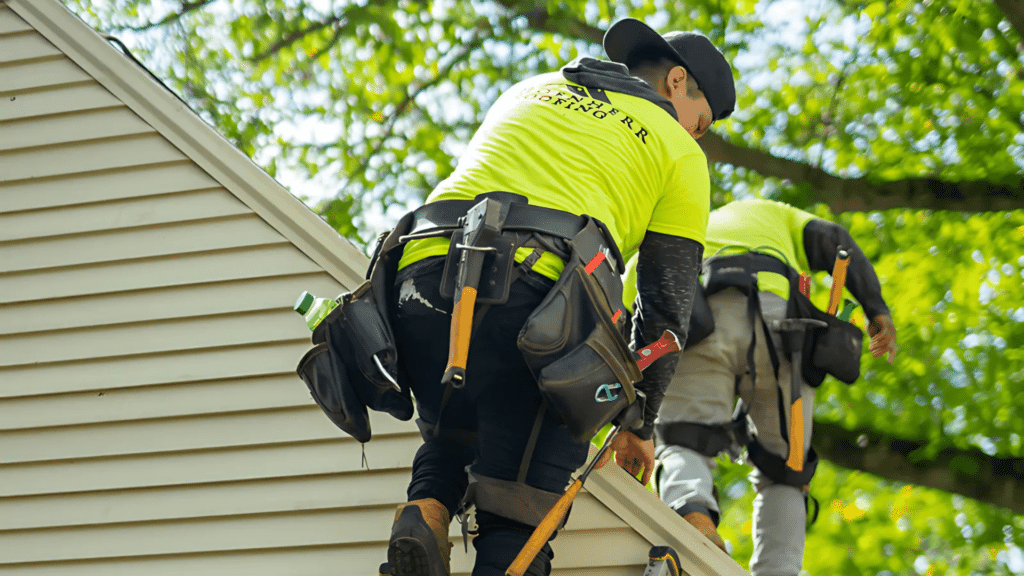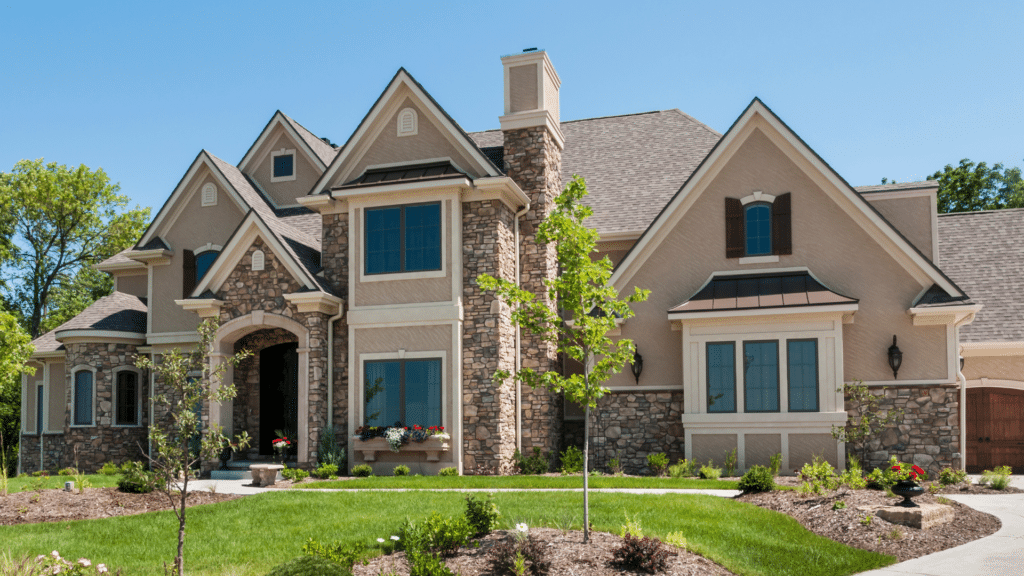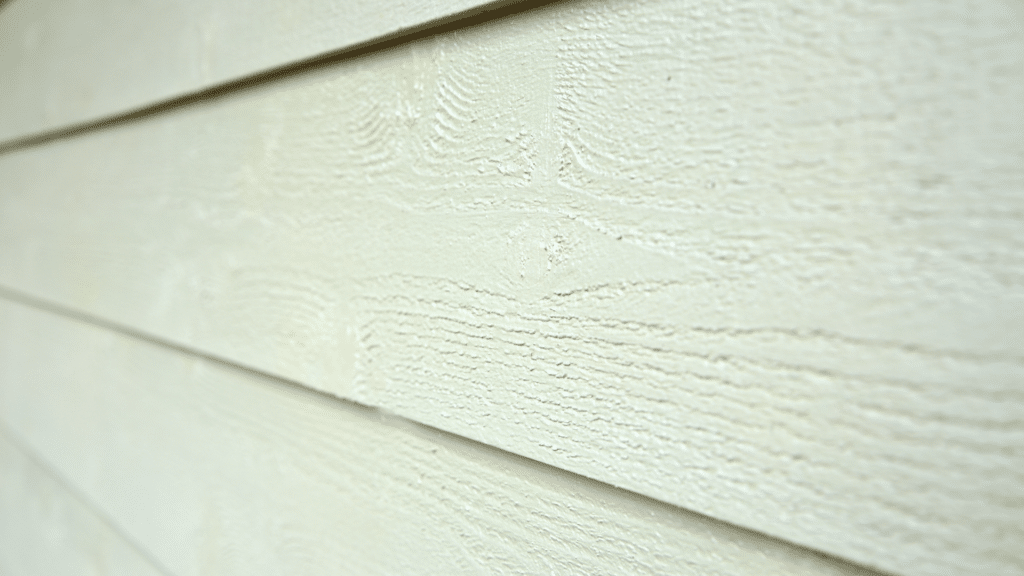Key Highlights
- Roof replacement permits are generally required for projects extending beyond ordinary repairs, ensuring compliance with safety and building codes.
- Determining whether a permit is necessary depends on the scope of the work and the local building codes enforced by the city or municipality.
- Hiring a licensed and experienced roofing contractor in Michigan can simplify the permit application process for homeowners.
- Homeowners must familiarize themselves with local regulations and consult with their contractor or the city’s building department to determine permit requirements for their specific project.
- Failure to acquire the necessary permits can result in penalties, project delays, and potential legal ramifications for homeowners.
Do You Need a Permit for Roof Replacement in Michigan?
Maintaining a reliable roof over your home is essential for safety and comfort. However, when it’s time to replace your roof, understanding whether you need a permit is crucial. The need for a permit can depend on the scope of the work, the materials used, and local building codes.
In this blog post, the roofing experts at Schoenherr Roofing explain when you might need a permit for roof replacement and share helpful tips for navigating the process.
How Often Do Roofs Need To Be Replaced?
The lifespan of a roof depends on several factors, including the materials, installation quality, and local climate. Most roofs last between 20 and 25 years, although some materials like slate or metal can last up to 50 years or more.
Recognizing when it’s time for a roof replacement is key to avoiding costly damage to your home. Here are common signs it’s time to replace your roof:
- Curling or Buckling Shingles: These indicate your shingles have reached the end of their life expectancy.
- Missing Shingles: Missing shingles can expose your roof to water damage.
- Granules in Gutters: Granules from asphalt shingles in your gutters mean your roof is deteriorating.
- Sagging Roof: A sagging roof often points to structural issues that need immediate attention.
- Daylight Through Roof Boards: If you can see light through your roof boards, it’s a clear sign you need a new roof.
- Moss or Algae Growth: Although not always indicative of serious damage, moss or algae can retain moisture and contribute to roof deterioration over time.
What Constitutes a Roof Replacement?
In Michigan, roof replacement is defined differently from roof repairs. Minor tasks, such as replacing a few shingles, are generally considered “repairs” and may not require a permit. However, any structural modifications—like replacing more than four sheets of decking, cutting of any structural beam, or making alterations to load-bearing parts—often require a permit. These types of projects fall under the Michigan Building Code, which regulates construction and renovation to ensure safety and compliance.
For projects that involve major changes, such as the rearrangement of parts of a structure, including altering the means of egress, or affecting systems like plumbing or sewer lines, you will likely need a permit. Understanding whether your project involves significant changes can help determine if a permit is necessary.

When Do You Need a Permit for Roof Replacement?
Maintaining a reliable roof over your home is essential for safety and comfort. However, when it’s time to replace your roof, understanding whether you need a permit is crucial. The need for a permit can depend on the scope of the work, the materials used, and local building codes.
In this blog post, the roofing experts at Schoenherr Roofing explain when you might need a permit for roof replacement and share helpful tips for navigating the process.
The Permit Application Process
If you need a permit, the process typically involves applying to your local building department. You will also need to provide important documentation, such as construction plans, proof of insurance, and contractor information. The process generally follows these steps:
- Contact Your Local Building Department: Verify permit requirements and fees.
- Complete the Permit Application: Provide details about the project, including work to be done and materials used.
- Submit Documents: You may need to include construction plans, proof of insurance, and contractor licensing information.
- Pay Fees: Fees depend on the scope and location of the project.
- Wait for Approval: After reviewing your application, the building department may request inspections before issuing the permit.
Why Is a Permit Important?
Obtaining a roof replacement permit ensures that your project meets local building codes and safety standards. These codes are in place to protect both your home and your investment. Permits also help prevent legal issues and ensure that your project passes necessary inspections, which can be important when selling your property.
By working with a professional roofing contractor, you can ensure the project complies with all regulations and avoid unnecessary delays or fines.
The Role of Professional Roofing Contractors
Hiring a licensed, experienced roofing contractor can simplify the permit application process. A qualified contractor will:
- Determine whether your project requires a permit
- Help you navigate the permit application process
- Ensure compliance with local building codes
- Provide necessary documentation and submit paperwork on your behalf
Choosing a contractor with knowledge of local regulations is vital for a smooth, hassle-free roof replacement.

Exemptions to Permit Requirements
Some small roof repairs, like replacing damaged shingles or fixing non-structural elements, may not require a permit. However, even minor changes like altering the roof’s ventilation system or making small structural adjustments may require a permit in certain areas. Always consult with your local building department or a licensed contractor to avoid potential issues.
If you’re planning a roof replacement in Michigan, trust Schoenherr Roofing to ensure the job is done right. Our team has over 30 years of experience and is familiar with local building codes, zoning ordinances, and permit requirements. We’ll handle the permitting process, ensuring your project complies with all regulations, so you can focus on what matters most.
Contact Schoenherr Roofing today to schedule your roof replacement and ensure your project goes smoothly from start to finish. Schedule your roof replacement in Michigan today by contacting our team online.
Frequently Asked Questions
Do All Michigan Cities Require a Permit for Replacement?
In Michigan, the state has rules for building projects. However, each local city or township can enforce its own building permit rules and zoning laws for replacing roofs. It is a good idea to check with your local municipality about the specific regulatory affairs you need to follow.
What Is a Building Code for a Roof In Michigan?
Michigan typically uses the Michigan Residential Code for one-family and two-family homes. This code covers important areas such as how strong the structure is, how people can safely exit the building, fire safety rules, and energy efficiency for roofs.
What is The Process For Obtaining a Permit For Roof Replacement in Michigan?
You usually need to submit a building permit application. This includes important papers like your construction plans and details of your contractor’s license. Your local building department will check your application. They might carry out inspections too. Once everything is approved, they will give you the permit.
What Are The Potential Consequences of Not Obtaining a Permit for a Roof Replacement in Michigan?
Not getting the right permits, including an electrical permit, can lead to penalties, fines, and even legal issues. It can also make selling your home more difficult and create problems with local building code enforcement for the homeowner.




